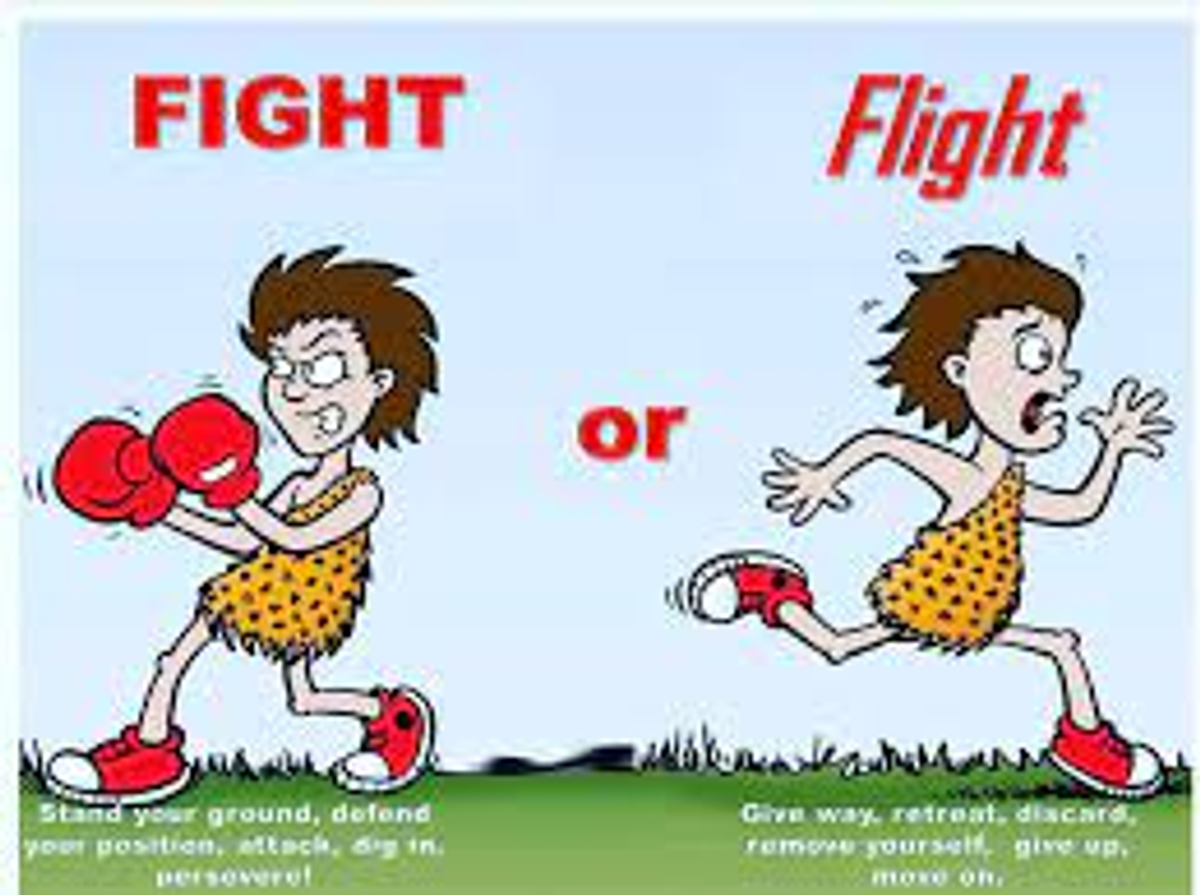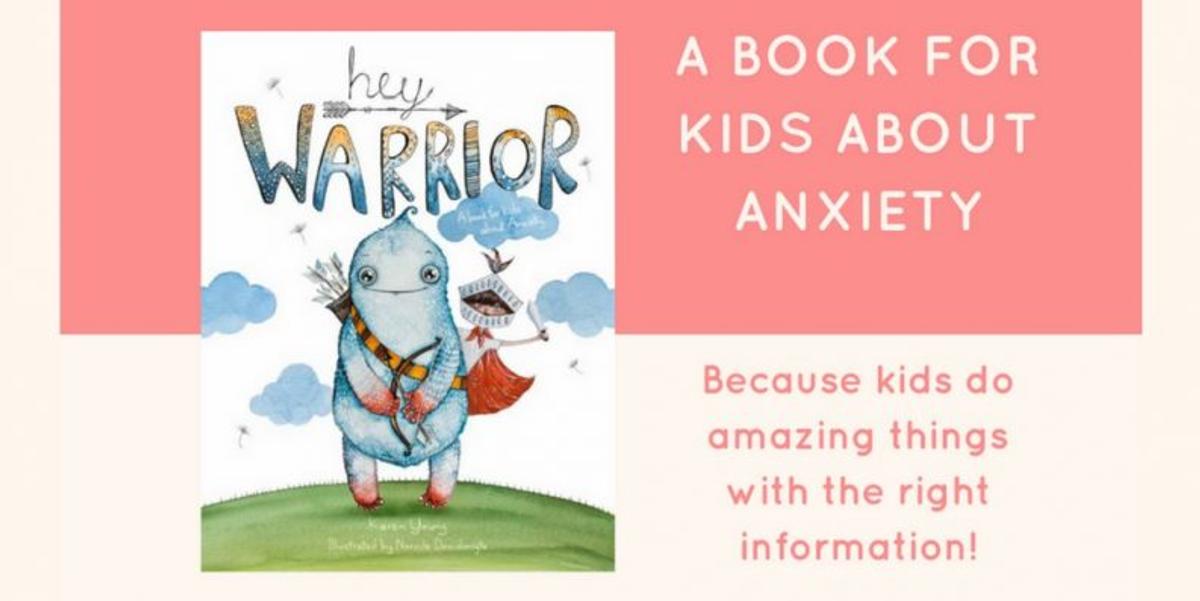Diverse Learning

Anxiety is … a feeling, not a disorder.
Anxiety is a feeling, not a disorder. It’s a warning, not a stop sign. Language is powerful, and the more we talk about anxiety as breakage or as a deficiency, the more we’re going to drive anxiety about the anxiety. The truth is that it’s a really normal human experience. In fact, it’s probably one of the most human of the human experiences.
For sure, anxiety can really intrude into a young person’s life, but the more we talk about anxiety in terms of breakage or deficiency, the more this will become a part of their experience. Especially for young people with intrusive anxiety, there is nothing to be served in pathologising anxiety.
What we focus on is what becomes powerful – so let’s shift the focus. Let’s stop talking about anxiety as a ‘disorder’, breakage, or deficiency, and towards normalising it. We won’t get rid of it, so let’s turn it from a scary beast of a thing, to an ally. This starts with the way we talk about it.
Anxiety does not come from a broken brain. It comes from a strong, powerful brain that is doing its job – protecting them from danger. All brains sometimes work too hard sometimes, and instead of protecting, they overprotect.
Brains can’t tell the difference between things that are scary dangerous, and things that are scary safe (new, hard, brave, important things).
Let them know: Anxiety is a ‘just in case’ response. Just in case you need to run away or fight, I’m getting your body ready – just in case – but you decide: ‘Is this a time to be safe? Sometimes it will be. Or is this a time to be brave?’
Anxiety shows up to check that you’re okay, not to tell you that you’re not. It’s your brain’s way of saying, ‘Not sure – there might be some trouble here, but there might not be, but just in case you should be ready for it if it comes, which it might not – but just in case you’d better be ready to run or fight – but it might be totally fine.’ Brains can be so confusing sometimes!
All young people need to know …
Your anxiety is there to check that you’re okay, not to tell you that you’re not.
You have a brain that is strong, healthy and hardworking. It’s magnificent and it’s doing a brilliant job of doing exactly what brains are meant to do – keep you alive.
Your brain is fabulous, but it needs you to be the boss. Here’s how. When you feel anxious, ask yourself two questions:
– ‘Do I feel like this because I’m in danger or because there’s something brave or important I need to do?’
– Then, ‘Is this a time for me to be safe (sometimes it might be) or is this a time for me to be brave?‘
And remember, you will always have ‘brave’ in you, and anxiety doesn’t change that a bit.
And finally. Words are powerful. They drive thoughts, feelings, responses. The more sting the words have, the more sting the experience will have. The way we talk about anxiety won’t be the whole story, but it matters. It has to be part of any response.
By Karen Young - https://www.heysigmund.com/anxiety-is-a-feeling-not-a-disorder/
Book pictured is available from Hey Sigmund shop.
Ms Janelle Schembri | Diverse Learning Coordinator




